Restorative Dentistry
in Garland, TX
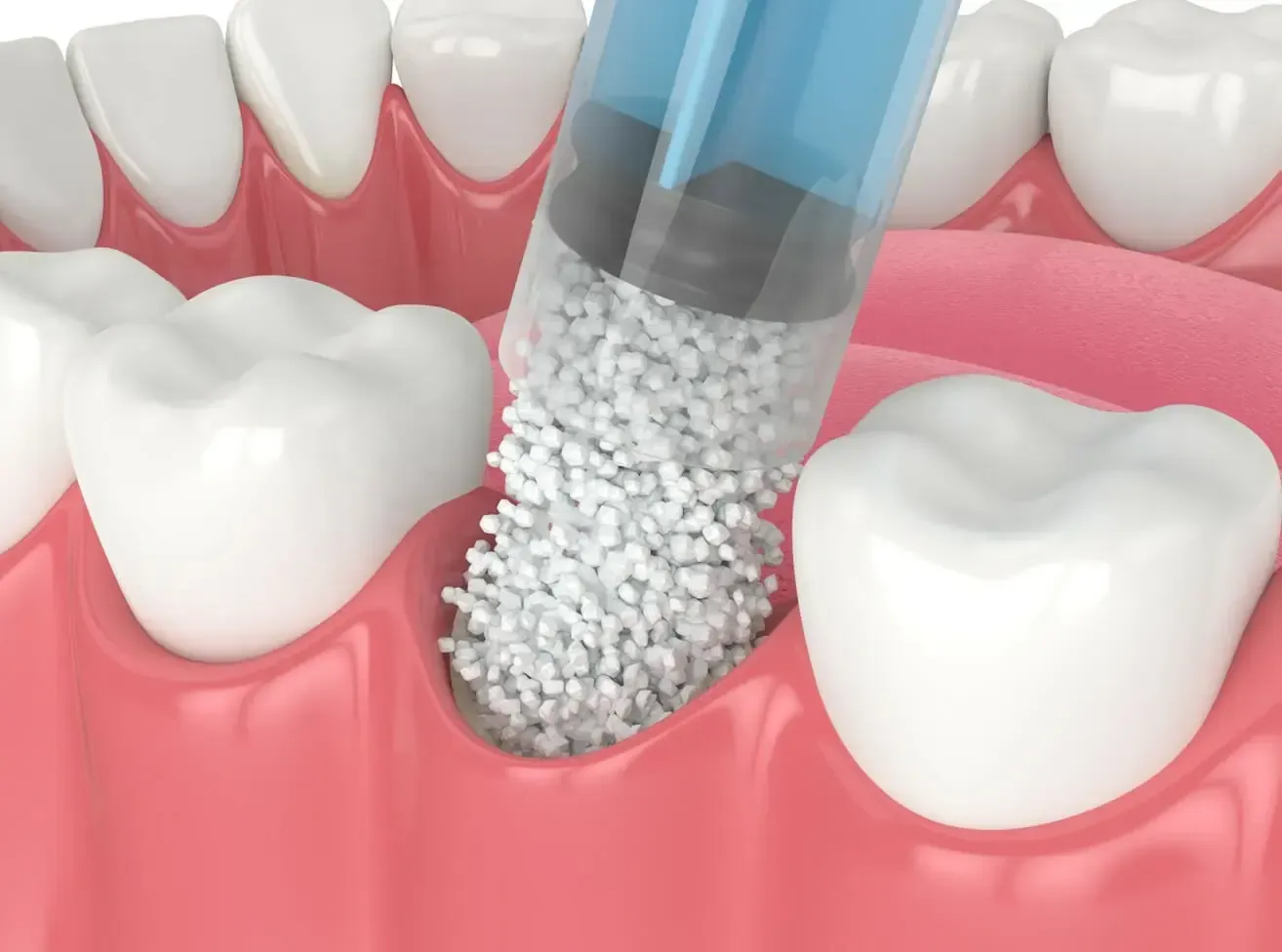
Bone Grafting
Bone grafting is a surgical procedure that is essential for patients who have areas of bone loss around the jaw. Bone loss can often occur as a result of a variety of different conditions. From gum disease to having had extractions done, bone loss can cause your face to look sunken-in and make implants difficult or even impossible to place. Bone grafting can easily be done in our office when and if they are needed.
Crowns & Bridges
A dental crown is a restoration that is placed over a tooth. The purpose of the crown is to restore a tooth’s natural form and function. This can cover a broken tooth, a tooth that has been worn down, a tooth that is discolored, or a misshapen tooth. A crown can also be used to cover a dental implant.
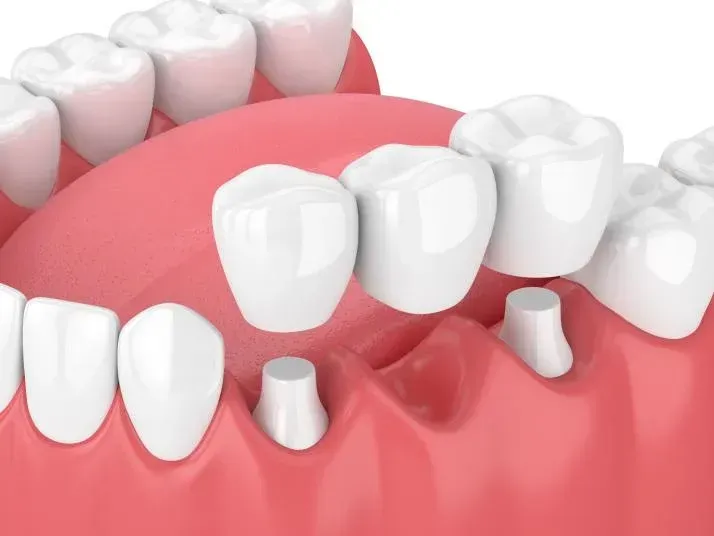
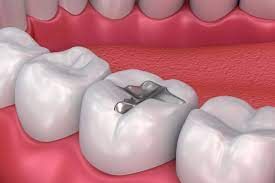
Fillings
A dental filling is a restoration that is specifically used to fill in an area of one or more teeth that have become decayed. Dental decay, known as a cavity, can infiltrate a tooth and cause it to become weak. Over time, the decay essentially eats into the tooth to reach the inner pulp. Before the decay is allowed to get to this point, it's removed and replaced with a tooth-colored composite resin filling.
Full & Partial Dentures
Dentures are removable dental device that replaces your missing teeth. Dentures are custom-made for you from materials like porcelain, acrylic resin, or metal. Dentures are custom-made to fit your mouth, so you shouldn’t need to worry about them slipping out or falling out while you’re talking or eating.
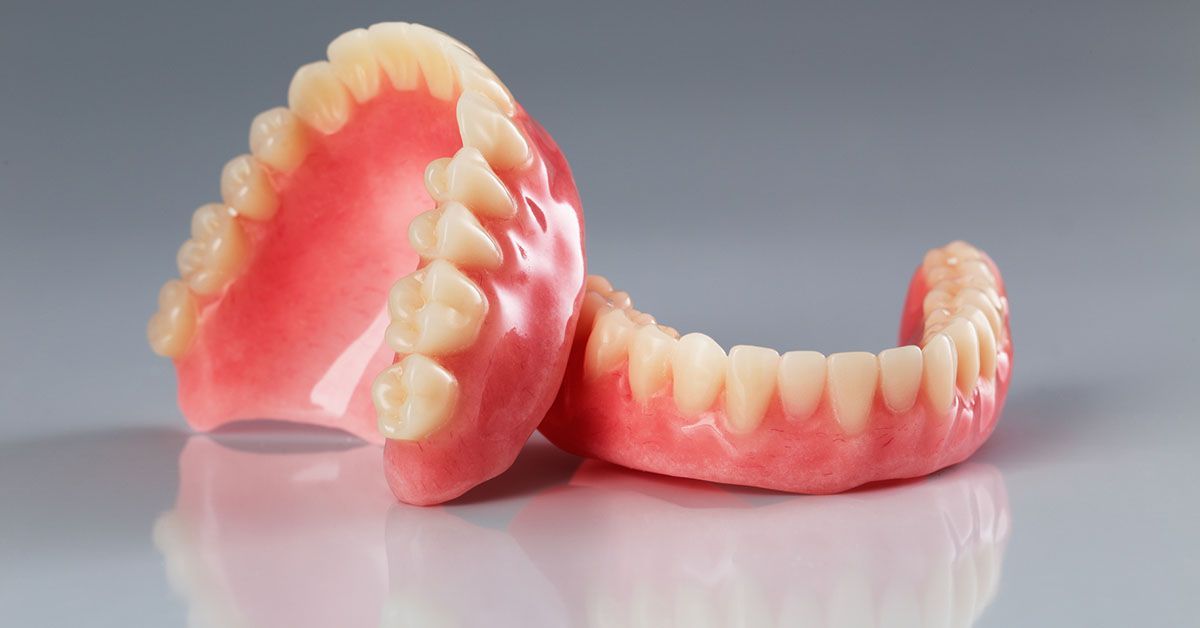
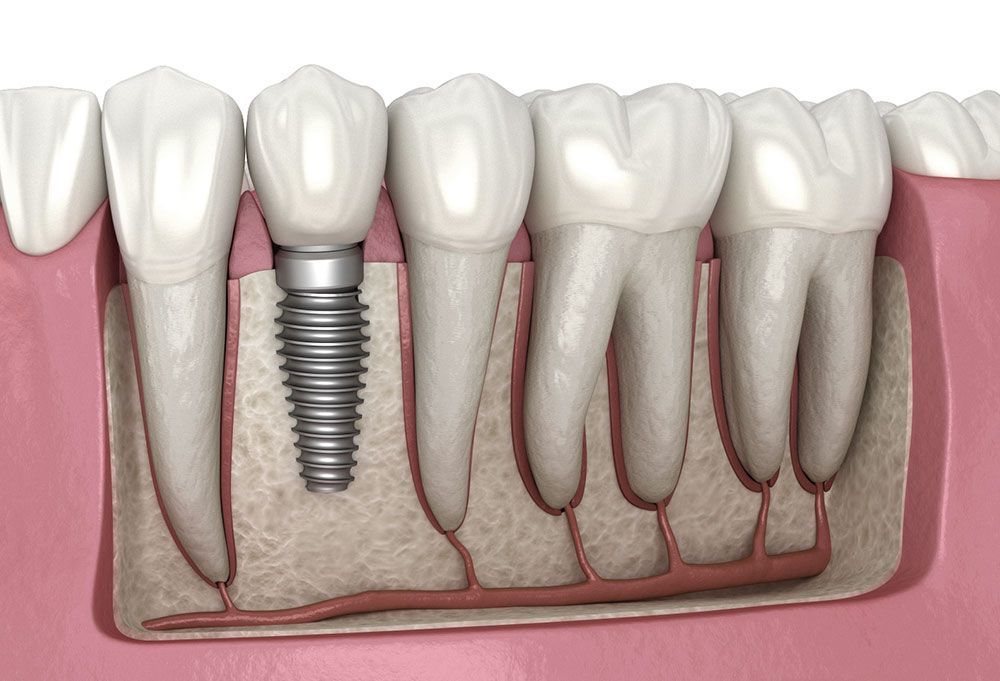
Dental Implants
Dental implants are replacement tooth roots. They are small posts made from highly biocompatible materials (titanium) that are surgically placed into the jawbone. Dental implants fuse with the bone to provide a stable foundation for replacement teeth. After the implant has connected to the bone, an abutment (support post) is attached to the implant. The abutment supports one or more replacement teeth, called crowns.
Dental implants are an effective and reliable long-term solution for replacing missing teeth. This option provides more benefits than dental bridges and dentures.
- Dental implants are easy to care for and clean.
- Dental implants do not require any special care beyond normal oral hygiene.
- Dental implants allow you to speak and chew normally.
- Dental implants also prevent jawbone shrinkage and gum recession.
- Dental implants feel and function like your natural teeth.
Scaling & Root Planing
A scaling and root planing is sometimes referred to as a deep cleaning, and it’s sole purpose is to clean around and underneath the gums of patients who have periodontal (gum) disease. Gum disease can occur for a variety of reasons, but it is defined as a separation between the gums themselves and the teeth. This causes craters, known as pockets, to form around the teeth. It is nearly impossible to clean these gingival pockets on your own without the help of a scaling and root planing.
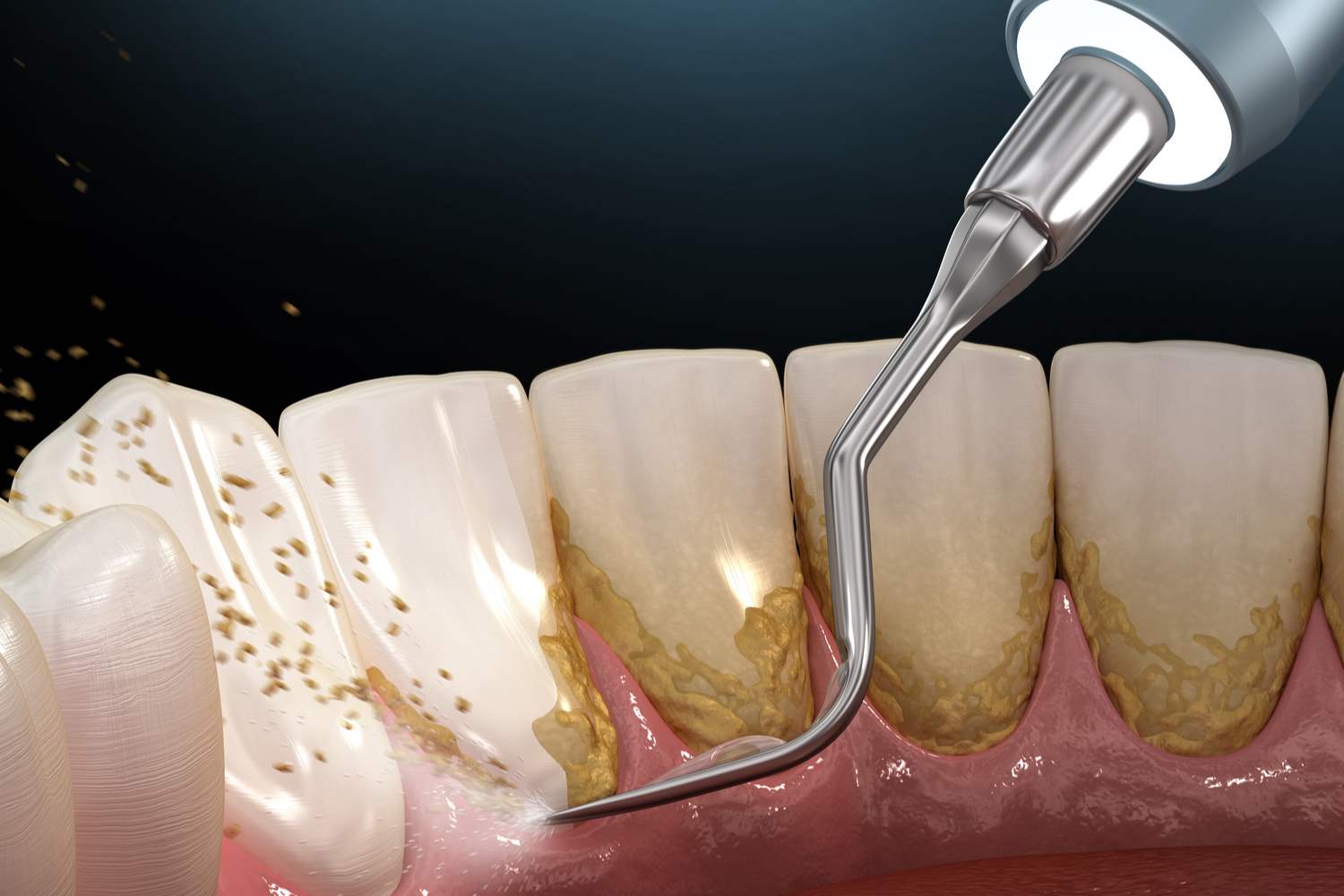
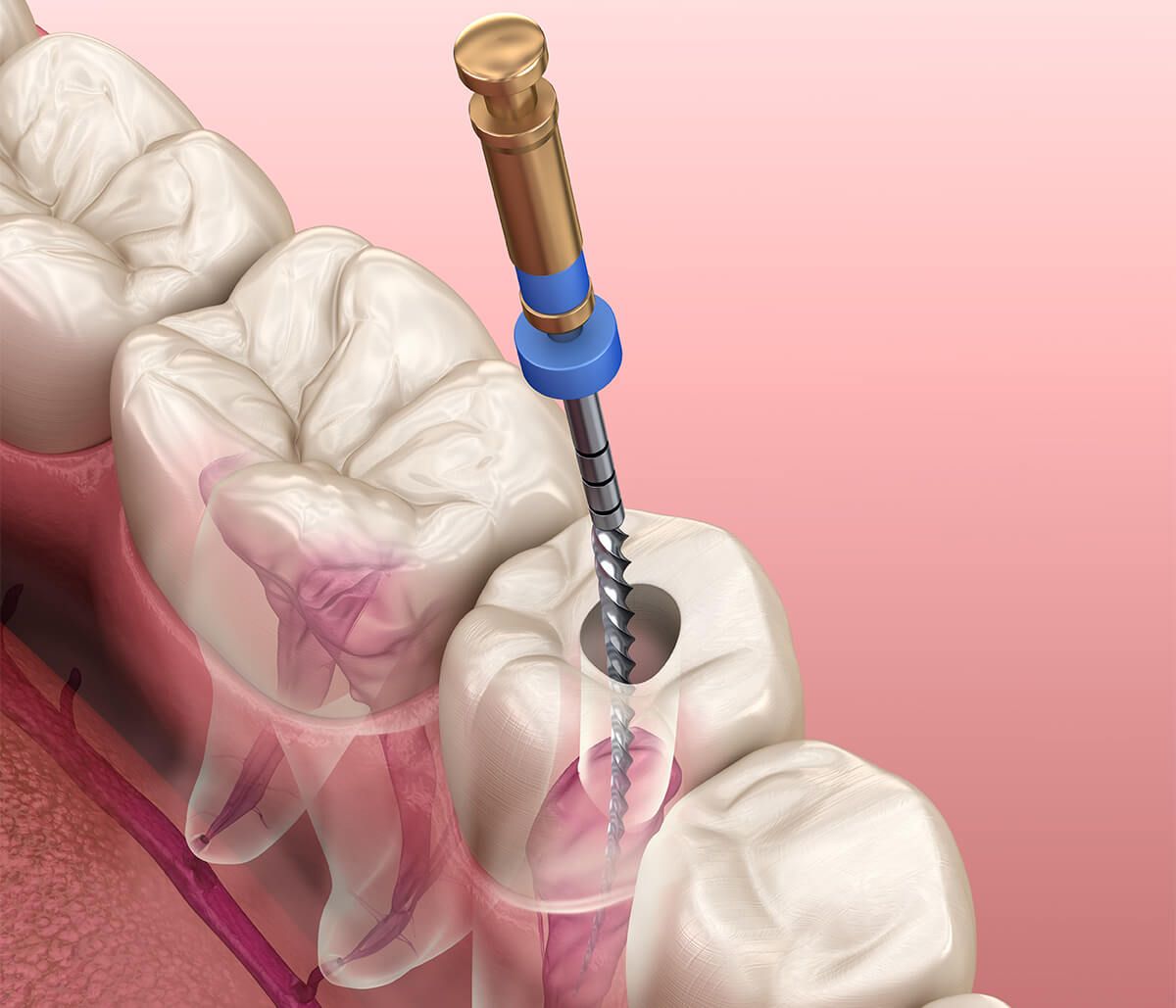
Root Canal Therapy
Root canal therapy is a dental procedure that aims to save a severely damaged or infected tooth. If left untreated, the infection can spread to the surrounding gums and bone, leading to more serious health complications. During the procedure, the damaged or infected pulp is removed, and the inside of the tooth is thoroughly cleaned and disinfected. Then, the tooth is filled and sealed with a material that restores its strength and functionality. At Choice Dental Associates, our experienced dentists use the latest technology and techniques to provide a comfortable and effective root canal therapy. With our personalized care and attention to detail, we strive to ensure our patients achieve optimal oral health and wellbeing.
Sleep Apnea Appliances
The preferred method of treating obstructive sleep apnea (OSA) is the CPAP machine. An alternative treatment is oral appliance therapy. One appliance looks like a mouth guard. Another dental device stabilizes the tongue.

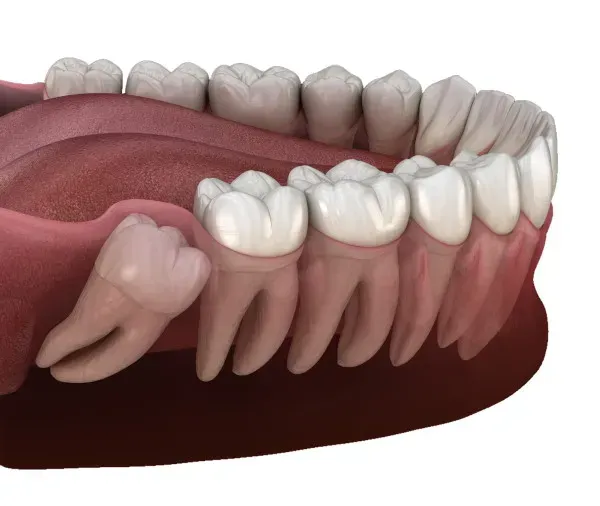
Wisdom Tooth Extractions
Wisdom teeth, also called third molars, are the last teeth to develop. They usually erupt between the ages of 17 and 25. If the wisdom teeth do not have enough room, they can be impacted, which means they are trapped beneath the gums and bone. Impacted wisdom teeth can cause damage to nearby teeth, gums, and bones.

